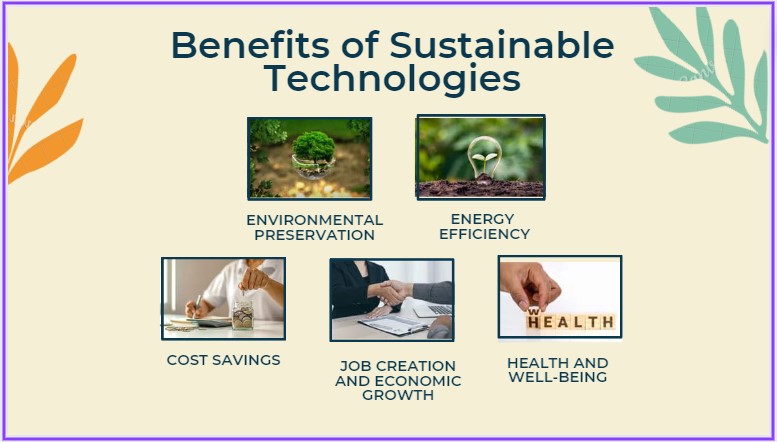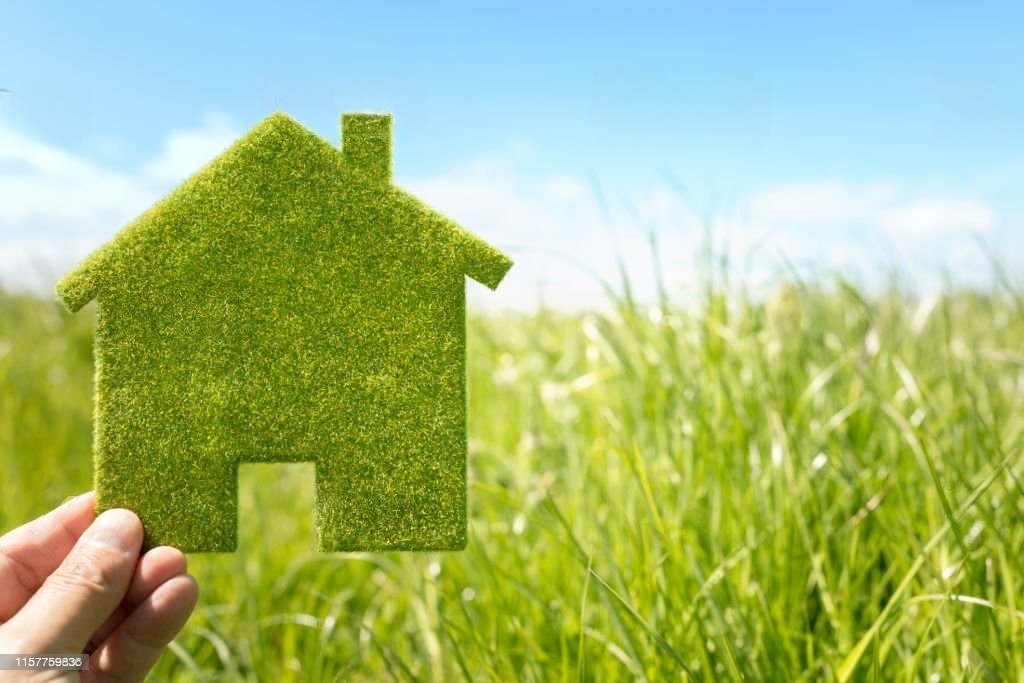In recent years, there has been a growing global concern for environmental sustainability, and the real estate sector has not been immune to this wave of change. The integration of advanced sustainable technologies has sparked a green revolution, reshaping the way we approach real estate development. From energy-efficient building designs to smart automation systems, real estate developers worldwide are embracing these innovations to create greener and more sustainable projects.
In this blog, we will explore how sustainable technologies have gained prominence in the real estate industry due to their environmental and social benefits. These cutting-edge technologies encompass a wide range of innovations designed to minimize resource consumption, reduce carbon footprint, and enhance overall sustainability. By incorporating these advancements into their projects, real estate developers are not only reducing their environmental impact but also improving the quality of life for residents.
Truehabitat is committed to creating living spaces that harmonize with nature. We understand the importance of incorporating advanced sustainable technologies to achieve their vision of offering a lifestyle that restores the balance between nature and humans.
How Sustainable Technologies Are Making an Impact
Advanced sustainable technologies are indeed reshaping the real estate industry by promoting energy efficiency, reducing environmental impact, and improving the overall quality of buildings. Here are some key ways in which these technologies are making a significant impact:
Renewable Energy Integration: Technologies such as solar panels, wind turbines, and geothermal systems are being increasingly integrated into buildings to generate clean and renewable energy on-site. This reduces reliance on traditional energy sources and lowers greenhouse gas emissions.
Energy Management Systems: Advanced energy management systems are being implemented to monitor and optimize energy consumption in real time. These systems utilize sensors, automation, and data analysis to identify inefficiencies, control lighting, and HVAC systems, and manage energy usage more effectively.
Smart Building Automation: The Internet of Things (IoT) is enabling the development of smart buildings that optimize energy consumption and improve occupant comfort. Sensors, connected devices, and intelligent automation systems work together to regulate lighting, heating, cooling, and other building systems based on real-time data and user preferences.
Green Building Certifications: Sustainable technologies and practices are driving the adoption of green building certifications such as LEED (Leadership in Energy and Environmental Design) and BREEAM (Building Research Establishment Environmental Assessment Method). These certifications encourage the use of sustainable materials, energy-efficient systems, water conservation, and overall environmentally responsible construction.
Energy-Efficient Building Materials: Innovations in building materials are leading to the use of energy-efficient and sustainable alternatives. For example, energy-efficient windows, improved insulation materials, and eco-friendly construction materials help reduce heat loss and gain, improving overall energy efficiency.
Water Management Systems: Water scarcity and conservation are becoming crucial considerations in real estate. Advanced technologies are being implemented to manage water consumption, such as rainwater harvesting systems, greywater recycling, and efficient irrigation systems. These technologies minimize water waste and promote responsible water usage.
Indoor Air Quality: Sustainable technologies focus on improving indoor air quality by using ventilation systems with heat recovery, air purification systems, and low-VOC (volatile organic compound) materials. These technologies enhance occupant health and well-being and contribute to a healthier living and working environment.
Sustainable Urban Planning: Sustainable technologies are not only influencing individual buildings but also reshaping urban planning and development. Concepts such as green infrastructure, mixed-use communities, and transit-oriented development are being embraced to create more sustainable and livable cities.
Benefits of Sustainable Technologies

Sustainable technologies offer numerous benefits across various sectors, including energy, transportation, construction, and agriculture. Let’s explore some of the key advantages of sustainable technologies:
Environmental Preservation:
Sustainable technologies prioritize environmental preservation by minimizing the impact on ecosystems and reducing resource depletion. They promote the use of renewable energy sources, such as solar and wind power, which significantly reduce greenhouse gas emissions and combat climate change. Sustainable technologies also aim to minimize waste generation, promote recycling and reuse, and foster a circular economy.
Energy Efficiency:
One of the primary benefits of sustainable technologies is improved energy efficiency. Energy-efficient technologies and practices help reduce energy consumption, leading to lower operating costs and reduced reliance on fossil fuels. By optimizing energy use, sustainable technologies contribute to a more sustainable and resilient energy infrastructure.
Cost Savings:
Sustainable technologies can result in significant cost savings for individuals, businesses, and governments. Energy-efficient appliances and systems reduce energy consumption, resulting in lower utility bills. Integration of renewable energy sources can provide a reliable and cost-effective energy supply, reducing reliance on volatile fossil fuel markets. Additionally, sustainable practices such as waste reduction and recycling can reduce waste disposal costs.
Job Creation and Economic Growth:
The adoption of sustainable technologies stimulates job creation and economic growth. As the demand for sustainable products and services increases, new industries and employment opportunities emerge. Investments in renewable energy projects, green construction, and sustainable agriculture create diverse jobs, fostering economic development and stability.
Health and Well-being:
Sustainable technologies improve the health and well-being of individuals and communities. For example, clean energy sources result in improved air quality by reducing air pollution, which can alleviate respiratory issues and improve overall health. Sustainable building designs prioritize indoor air quality, natural lighting, and optimal thermal comfort, promoting better occupant health and productivity.
Resilience and Adaptability:
Sustainable technologies enhance the resilience and adaptability of systems and infrastructure. By diversifying energy sources and incorporating distributed energy generation, communities can become less dependent on centralized power grids and more resilient in natural disasters or grid disruptions. Sustainable practices in agriculture, such as precision farming and water management, help build resilience to climate change impacts and ensure food security.
Innovation and Technological Advancement:
The development and adoption of sustainable technologies drive innovation and technological advancement. Researchers and entrepreneurs continually explore new solutions to address environmental challenges, leading to breakthroughs in energy storage, renewable energy generation, waste management, and more. The advancements in sustainable technologies contribute to a more sustainable and prosperous future.
Conclusion
The Green Revolution is revolutionizing the real estate industry, thanks to advanced sustainable technologies. From energy-efficient designs to renewable energy integration and smart automation, these innovations are reshaping the way we build and manage properties. By embracing sustainable technologies, stakeholders can benefit from reduced environmental impact, lower operational costs, improved occupant health, and enhanced marketability. As we look to the future, it is essential for the real estate industry to embrace the transformative power of sustainability and contribute to a greener, more sustainable world.

